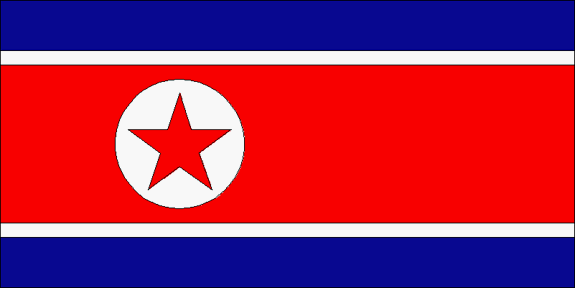





North Korea has been pursuing research and development related to biological warfare since the 1960s. Pyongyang�s resources presently include a rudimentary (by Western standards) biotechnology infrastructure that is sufficient to support the production of limited quantities of toxins, as well as viral and bacterial biological warfare agents. In the early 1990s, an open press release by a foreign government referred to applied military biotechnology work at numerous North Korean medical institutes and universities dealing with pathogens such as anthrax, cholera, and plague. North Korea possesses a sufficient munitions-production infrastructure to accomplish weaponization of BW agents.
North Korea acceded to the Biological Weapons Convention (BWC) in 1987.
Biological warfare has not received the same attention as chemical or nuclear warfare. This could be because North Korea lacks the technical expertise or because the difficulty in controlling biological warfare makes it a less desirable option. North Korea realizes that biological weapons are as dangerous to its own forces as they are to South Korean or US forces, and the North's limited medical services would make the agents more lethal. Therefore, using biological agents is not a likely option. However, if North Korea did choose to employ biological weapons, it probably could use agents like anthrax, plague, or yellow fever against water and food supplies in the South's rear area.
The work done at the National Defense Research Institute and Medical Academy (NDRIMA) included studies of disease pathogens such as anthrax, cholera, bubonic plague, smallpox, yellow fever and others.